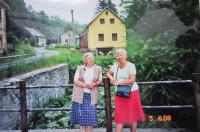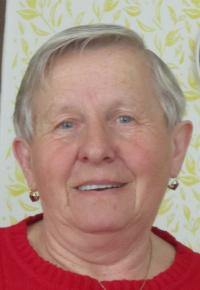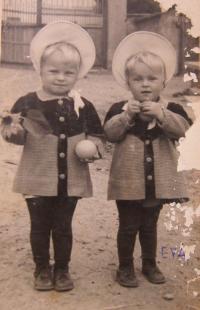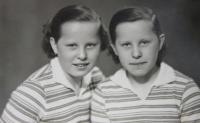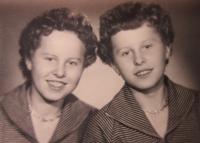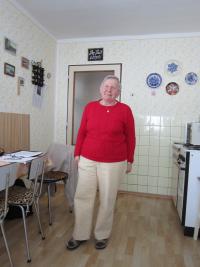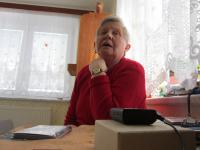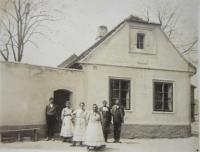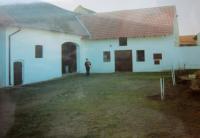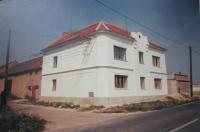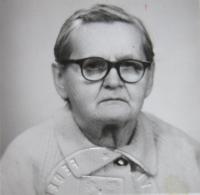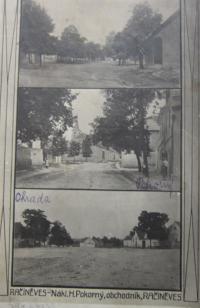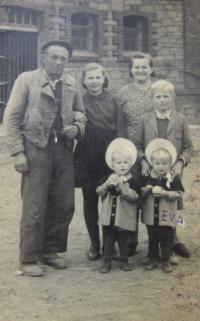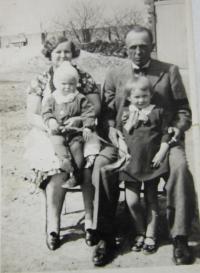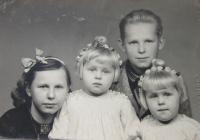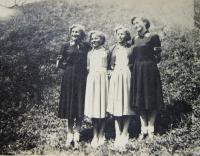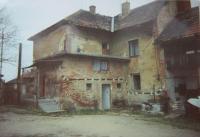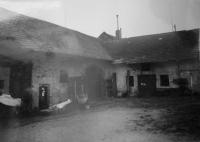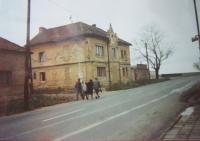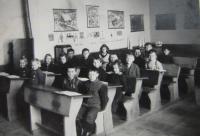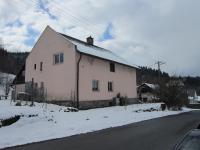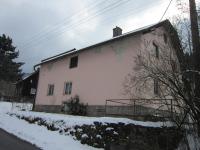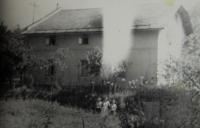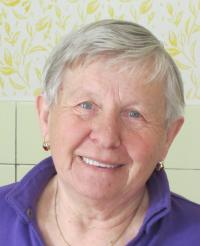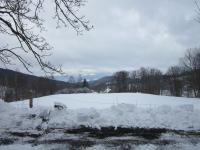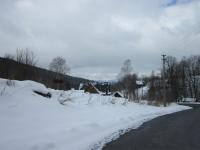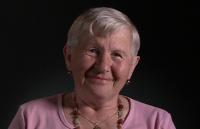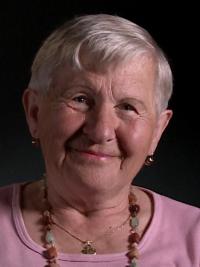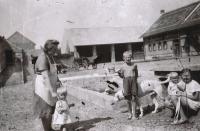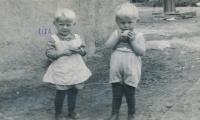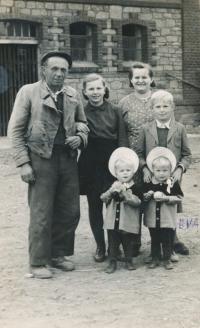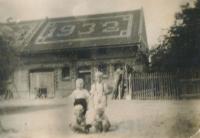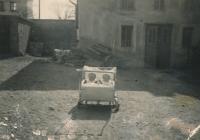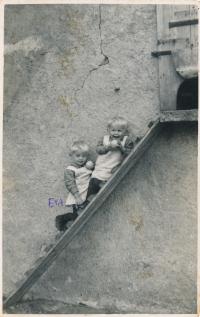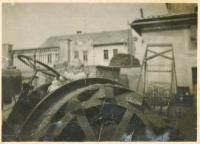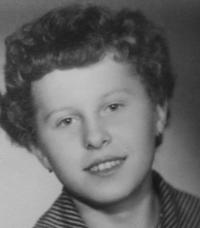Nobody can imagine how much it tore the family apart
Eva Kubeláková, née Biňovcová, was born November 8, 1940 in Račiněves. Her father Josef Biňovec and his brother Václav farmed there on 65 hectares of agricultural land, of which 10 hectares they were renting. While the family survived WWII unharmed, the rise of communists to power resulted in a disaster for them. During the collectivization of the countryside, her father was sentenced for sabotage to six years of imprisonment and confiscation of all property as a result of failing to meet the required delivery quotas, which were set excessively high. His brother Václav was also sentenced to six years, and he has not returned from prison anymore. He suffered a fatal injury while working in a coal mine in Rtyně v Podkrokonoší. Both families were then evicted from their farms. Eva Kubeláková and her sister and mother were transported by truck to Nové Losiny in the foothills of the Hrubý Jeseník Mountains 270 kilometres away. The mother and her thirteen-year-old daughters had to start working at a State Farm there. They were made to do the worst jobs and they were constantly watched by a member of the police. Her father spent four and a half years in prison. Four years after his return he died of a stroke on the same day when he was summoned to a committee that was to decide on granting him the disability pension. When Eva’s mother then requested to receive a widow’s pension, her petition was turned down with the explanation that her husband would not have received any allowance anyway. Eva Kubeláková was always very close to her twin sister Ludmila. However, after the invasion of the Warsaw Pact armies to Czechoslovakia, Ludmila and her husband and son emigrated to Sweden in December 1969. She was forced to leave her three-year-old daughter Soňa at home. Since the authorities had suspected that the family might be planning to emigrate to the West, they did not grant the permission to leave to all the family members. It took another eight years before the Czechoslovak authorities eventually allowed Soňa to join her family in Sweden. Eva Kubeláková remained in Nové Losiny. As she says, she has never gotten used to this region but she does not want to leave it because her children and grandchildren live there.

